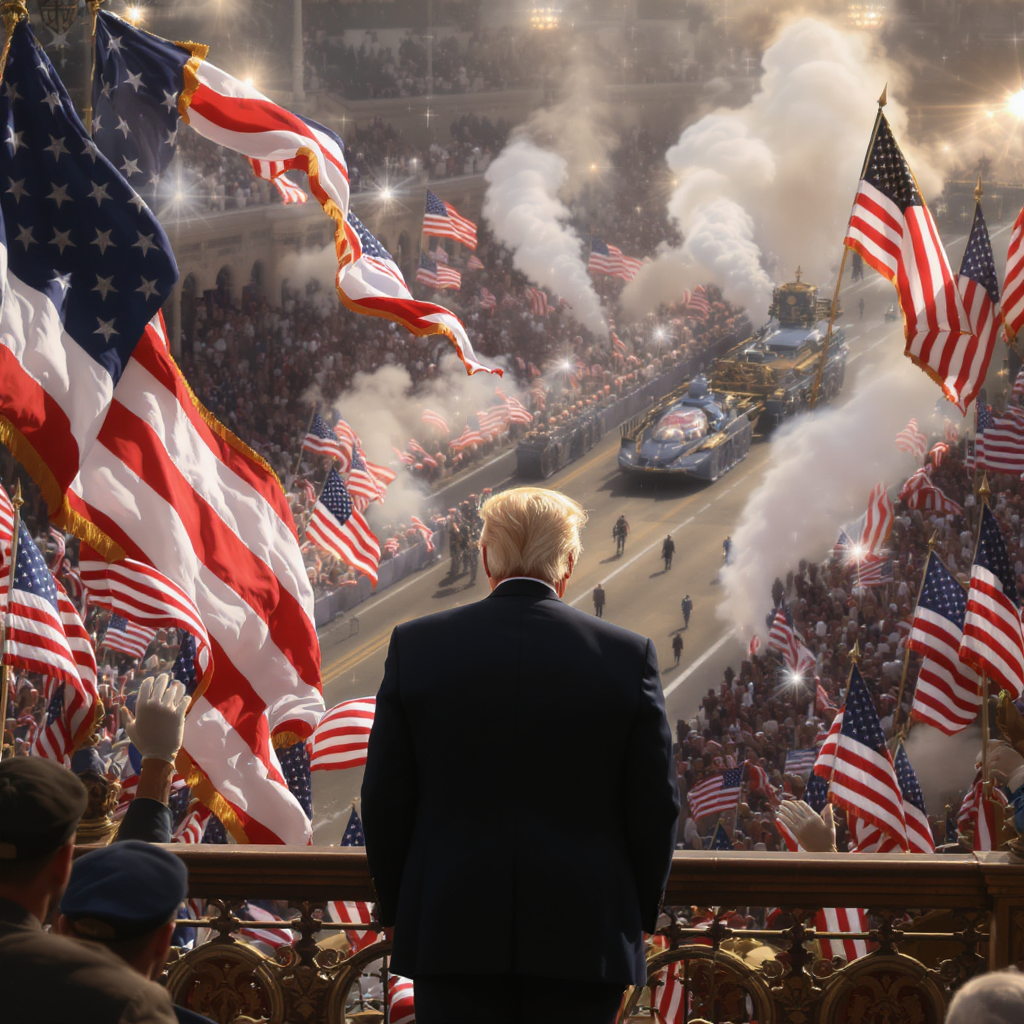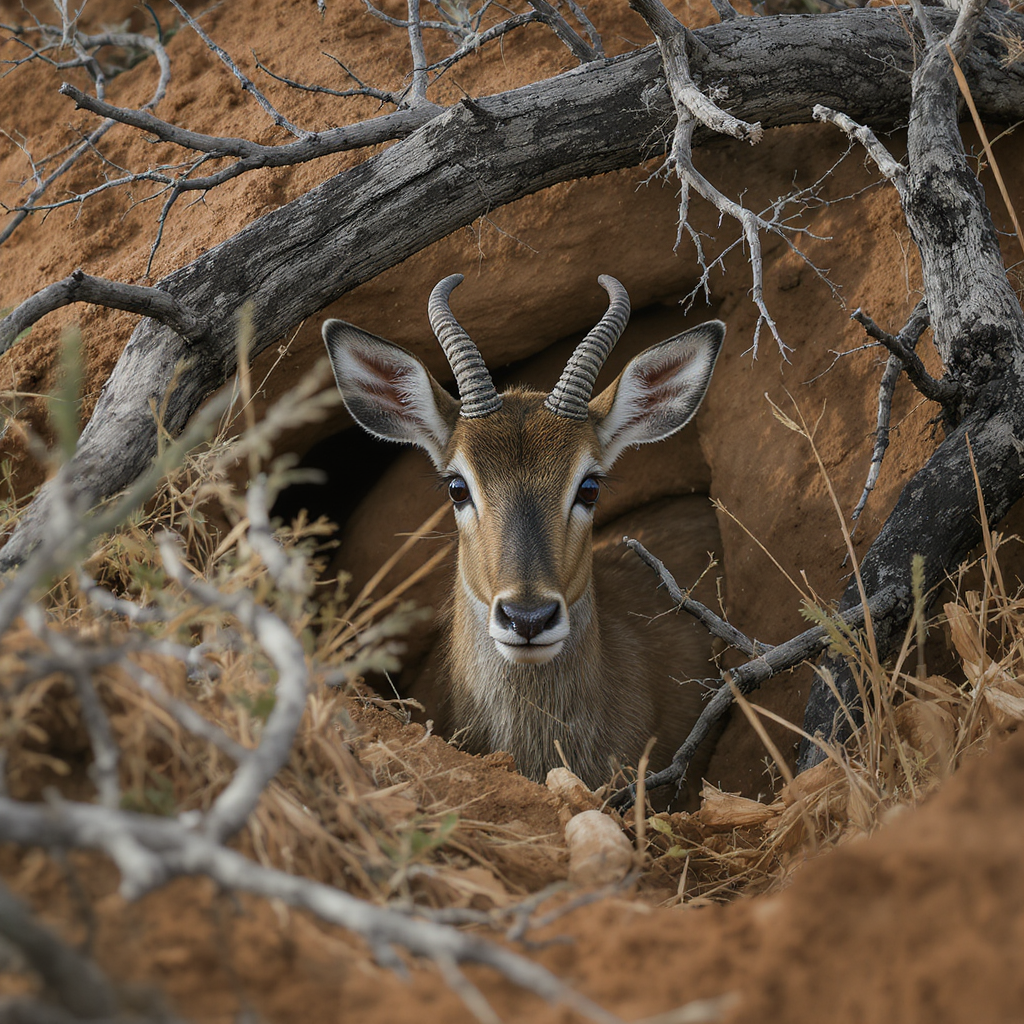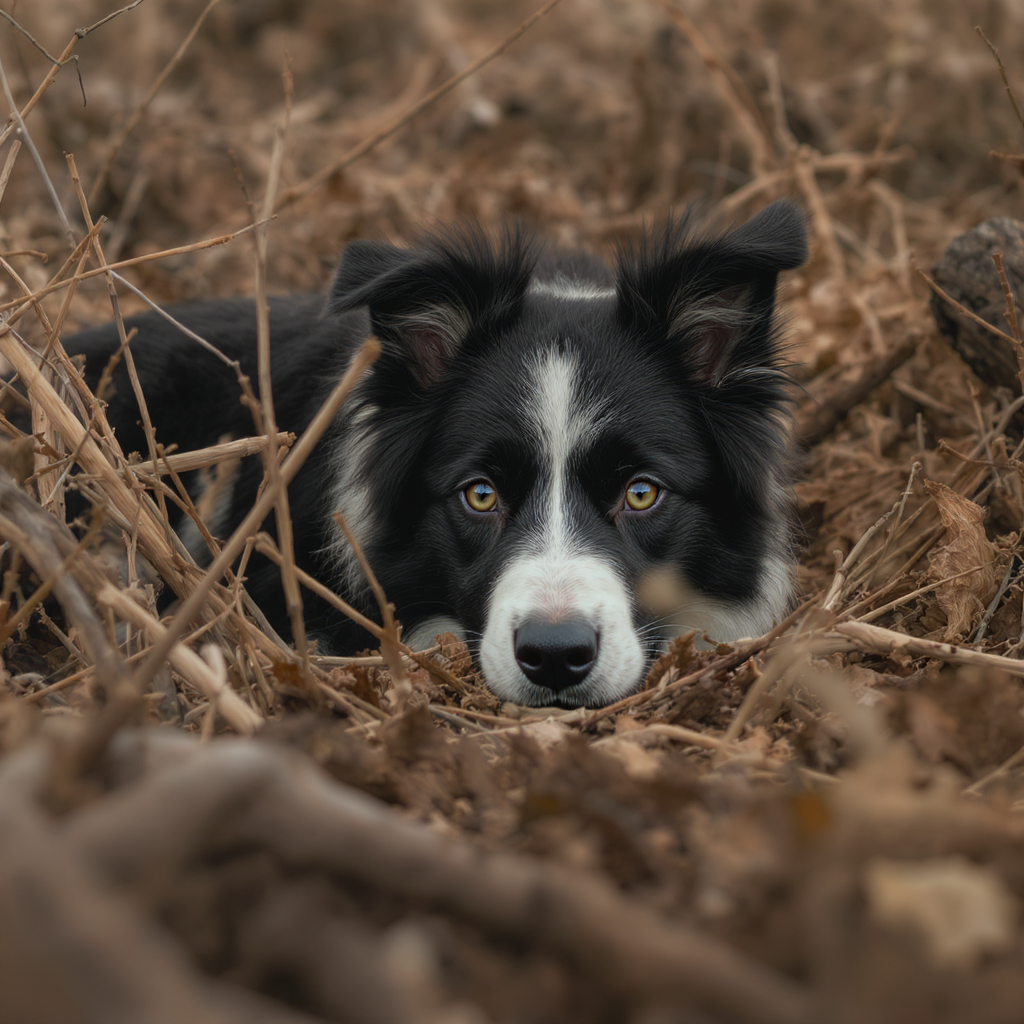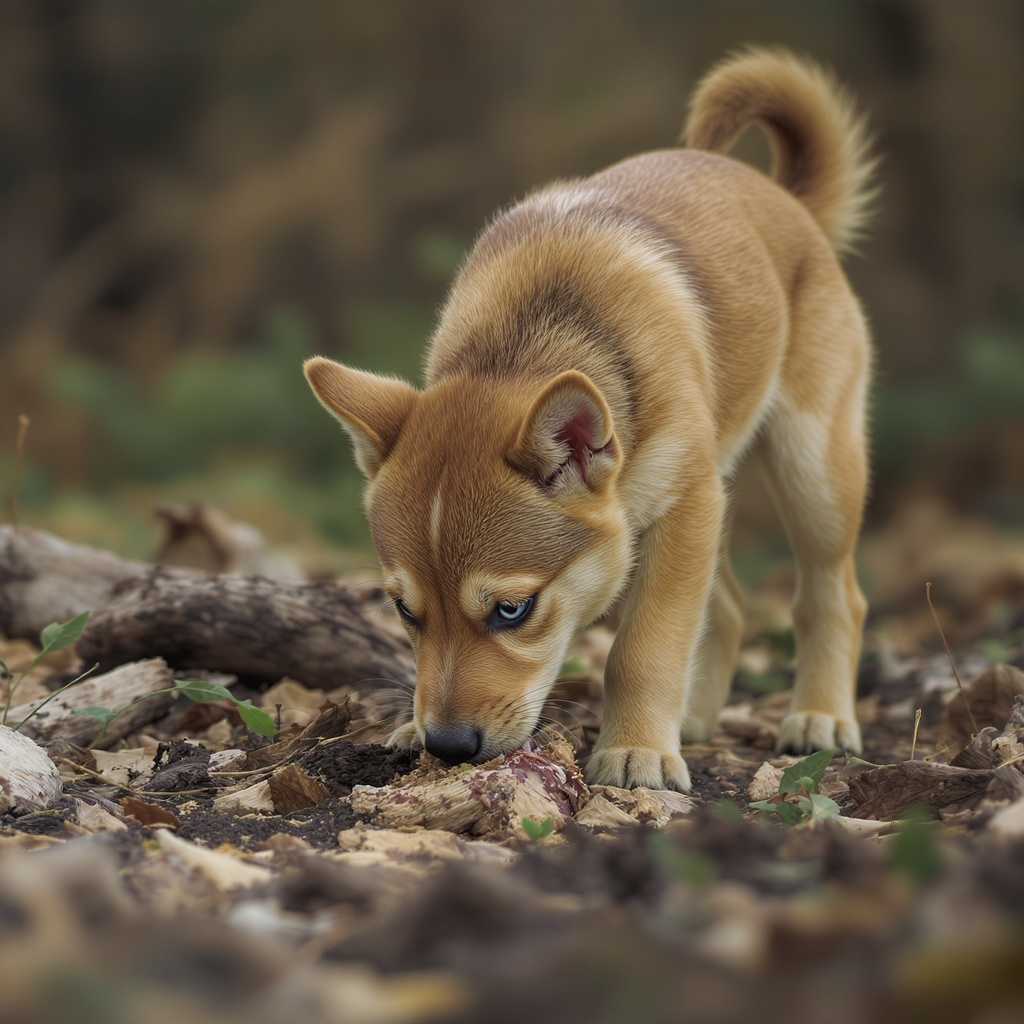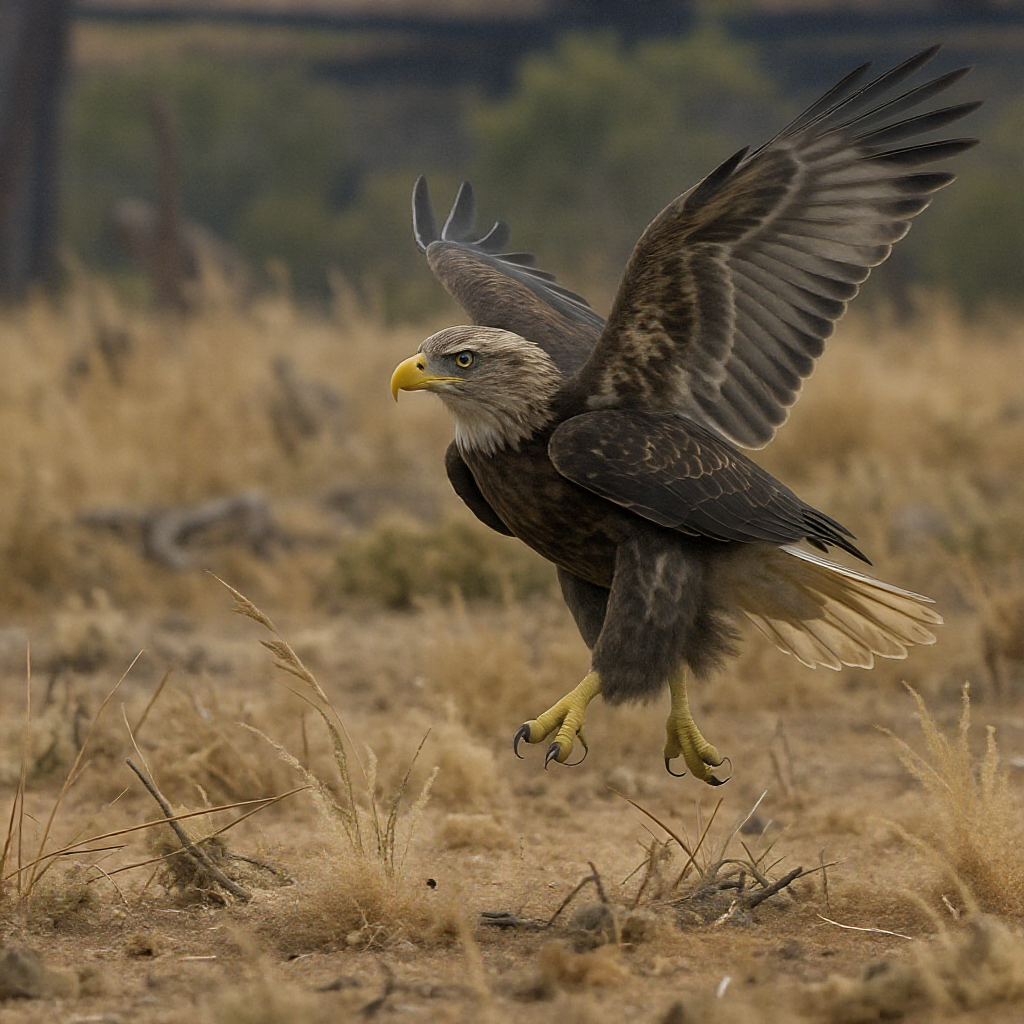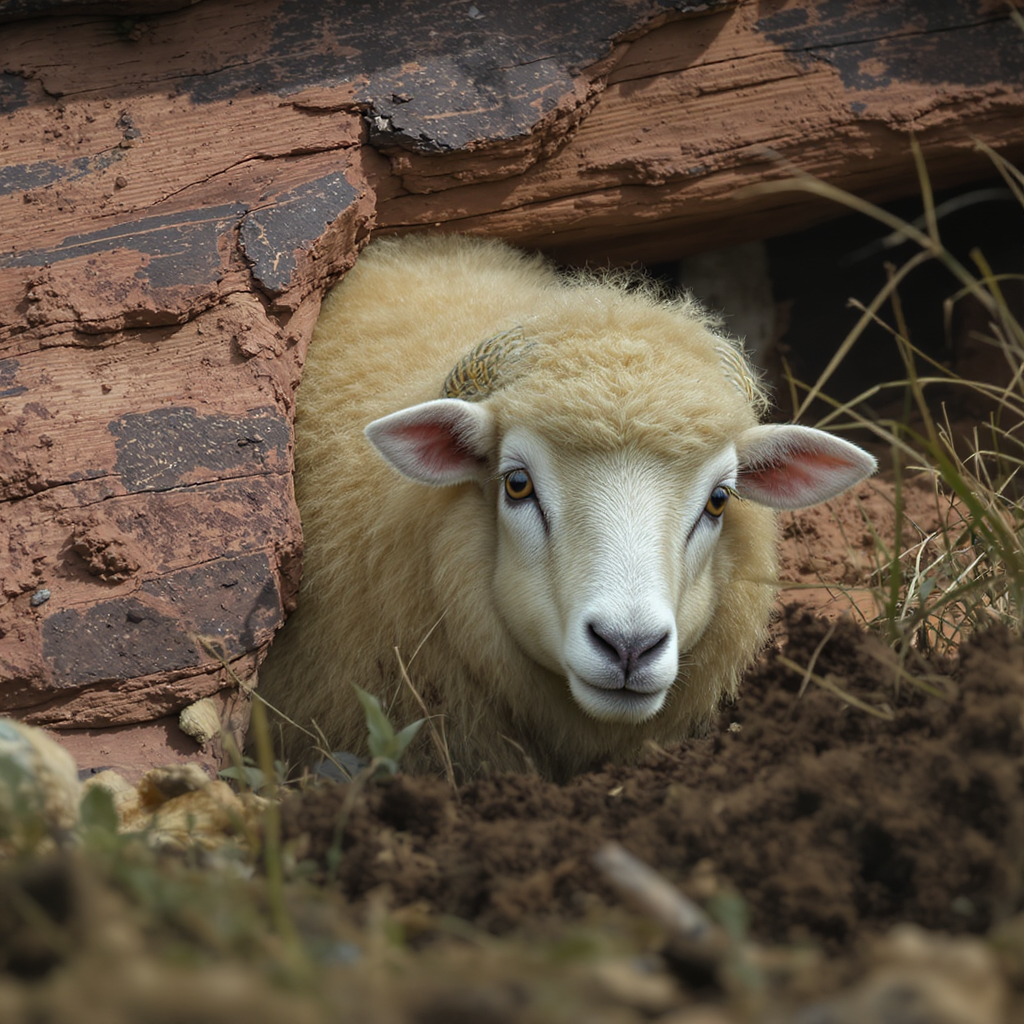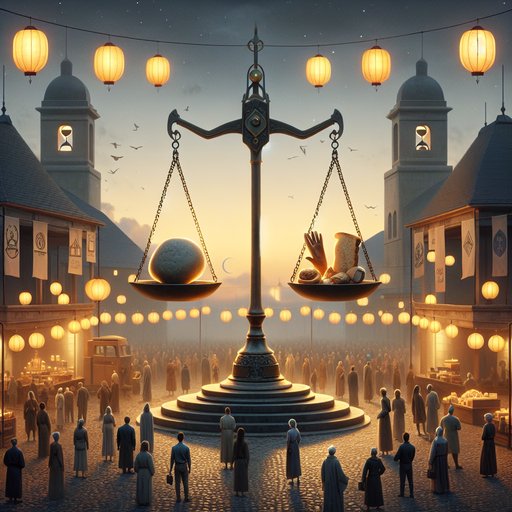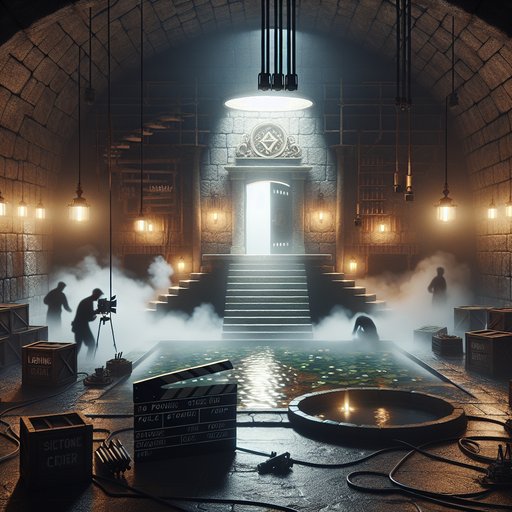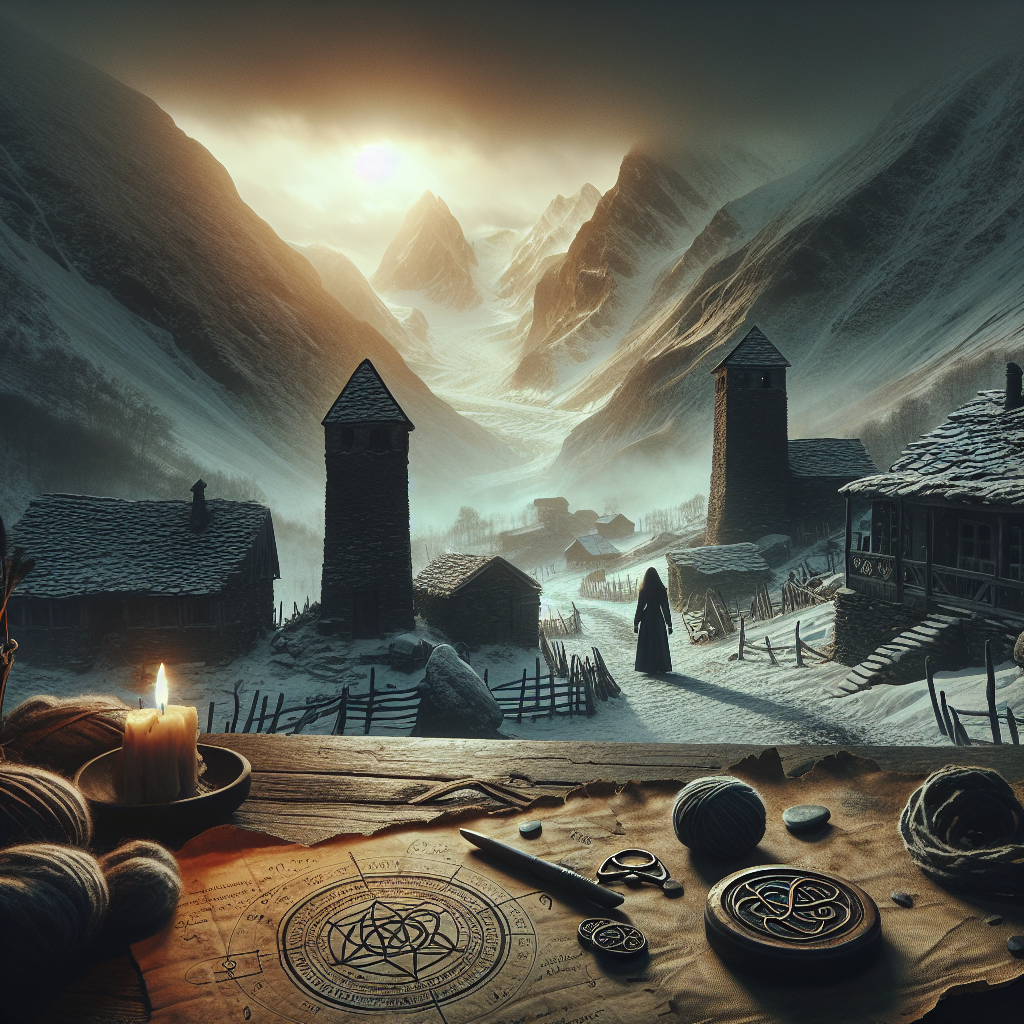
At dawn in Ushguli, Barbra studies the hand-drawn map, sigil, and Svan riddle she found under a floorboard, fixating on the instruction to follow the short shadow of Queen Tamar to a glacier fissure. Seeking local context, she questions her host Mzia, the villagers, and Father Giorgi at the Lamaria church, but they all deflect or refuse to help. Undeterred, Barbra hikes toward the glacier at noon, using the towers’ shadows and the old map to triangulate a narrow crack in the ice-dark rock. Inside the fissure she finds a wooden token marked with the same sigil, but the passage beyond is frozen solid, offering no way forward. Returning to the village, she feels the communal distance tighten as doors close and warnings sharpen; no one will explain why. At dusk, the towers hum on the rising wind, and Barbra spots a shadowy figure slipping between them, leaving behind only a snag of gray wool—another dead end. Back in her room, she catalogs the token and replays the haunting recording of the valley’s song, wondering who else is watching and why the first tangible clue leads nowhere.
The wind returned with the morning, combing the snowline and threading a thin, metallic hum between the stone towers. Barbra set the century-stained tin on the windowsill where the light could find it, the hand-drawn map and sigil spread beside her phone. Her reflection hovered over the glass—red hair pulled into a loose knot, freckles she disliked standing out against skin tightened by the cold. She tugged on tight jeans and laced her blue-and-white Asics, shrugged into a black leather jacket over a gray tank top, and told herself the warmth in her chest was curiosity, not nerves.
Louboutins belonged to nights and cities; today was for mountain paths and a riddle that smelled faintly of old iron. She tested the Svan words on her tongue as she carried tea back to the long table, where Mzia kneaded dough with the force of memory. “Queen Tamar,” Barbra said softly, showing the sigil drawn like a crown whose points were tower roofs. “Short shadow.
At noon?” The older woman’s hands paused, then continued with new determination, as if kneading could erase the question. A pair of men at the far bench stopped their quiet conversation and looked past Barbra into the yard, attentive to everything and nothing. “Eat,” Mzia said. “Wind is sharp today.
Church is open.” It wasn’t an answer, but it was the only invitation she’d get. The Lamaria church sat on a slight rise at the edge of the village, its frescoes worn to bruised colors by centuries of breath and candle smoke. Father Giorgi was sweeping ash from a brazier, his beard a salt-gray fringe under kind eyes that didn’t match the way he angled his shoulders to block the door. “I’m looking for Queen Tamar,” Barbra tried, offering the riddle like a palm turned up.
“When the towers sing together, follow the short shadow of Queen Tamar to the fissure near the glacier.” He leaned on the broom. “Shadows change, child. Mountains remember who measures them.” When she asked about records, or old stories kept in back rooms, his smile thinned to an apology. “We keep prayers, not maps.”
Outside, the bells were just shapes against blue and the clatter of hooves faded up the track.
Barbra marked the church on her phone and then folded the map to match the line of the valley, aligning its crude towers with their real counterparts. Short shadow meant noon, when the sun stood highest—simple, if the mountains didn’t tilt the rules. Levan appeared at the gate with a wool cap pulled low and glanced back toward the guesthouse, torn. “You shouldn’t go alone,” he whispered.
“They won’t like it.” “Who is they?” she asked, but his face closed, the way shutters closed when a gust hit. He pressed a saffron scarf into her hands anyway. “For the wind.”
She followed the Enguri River upstream, the water bright as hammered steel and loud with glacial melt. Her legs warmed to the rhythm, muscles trained by long city walks translating into mountain endurance, breath steady in the cold.
The path threaded past boulder fields and low brown scrub; stone towers watched from the shoulders of the village as if counting her steps. She thought, briefly, of her grandparents’ small kitchen, of scraped knees and a quiet girl who learned to do things alone because there was no other way. The sun lifted; the freckles across her nose prickled; she tightened Mzia’s spare scarf under her jacket collar and kept going. By the time the shadows grew stubby, the valley floor opened into a fan of moraine and ice-streaked rock.
The glacier’s snout glowed a dull blue where light seeped through dirty layers, and the wind that spilled from it tasted like a damp cellar. Barbra climbed a squat boulder and turned slowly, raising the map to frame the towers back in Ushguli. Their silhouettes were softened by distance, but one—Tamar’s, with its distinctive split roofline—stood higher than the rest. She measured the angle of its short shadow with her thumb and forefinger, followed the imagined line across the map to a notch in the ridge near the glacier, and then traced that line in the world with her body, walking until the sound of the valley became a pulse in her ribs.
The fissure announced itself not by sight but by breath—a cooler exhale from a seam no wider than a doorway, hidden behind a spill of rocks. She slipped into it sideways, shoulders scraping damp stone, the saffron scarf catching on a thorn and trailing her like a faded banner. Inside, the hum deepened, turning into a physical thing that tugged at the fine hairs along her neck, a quiver in the marrow. Drips counted time in the dark.
Her phone light found ice plastered like broken windows across a narrow corridor, and beneath the glassy crust, a suggestion of carved shapes, letters or lines buried under freeze. On a ledge just above waist height lay something that did not belong—wood warm to the touch despite the cold, a small round token carved with the same sigil from the tin. She turned it over and over, waiting for the underside to explain itself, but it offered the same stubborn silence as the map. Beyond the ice, the passage kinked out of sight, blocked by a seamless veneer of freeze so clear it caught her face and threw it back to her with all the freckles she despised.
She knocked at the barrier with a rock; the thunk sank into the mountain without reply. The first physical proof she was on the path, and nowhere else to go. Back in the village, the day had turned thin and silver. The shepherd who had warned her the night before stood in the lane with his dogs bristling at his knees, their ears sharp triangles of judgment.
“Sisters of stone should not be hurried,” he said, eyes on the mud scuffed onto her Asics. A woman on a balcony spat into the wind to ward something away; shutters creaked, and then closed. Inside the guesthouse, Mzia’s mouth was a tight line that softened only when she saw Levan’s scarf tied around Barbra’s neck. “Eat,” she said, setting a bowl of piping beans on the table.
“And leave old shadows be.”
Barbra set the wooden token in the middle of the table like a stubborn argument. “Who put this there?” she asked, trying not to sound like she already knew the answer. Mzia’s hands, veined and strong, remained folded. “You went where you were not invited.
People will be angry.” “Because of a riddle that wants noon?” Barbra pressed, frustration pricking red under her chill. “Because of family,” Mzia said, and the word held obligations like stones in a pocket. Levan hovered on the threshold, eyes full of a warning he couldn’t put into words without tearing something he loved. Dusk slipped down the ridges like slow water, and with it the wind rose, plucking the tune from the towers until the whole village seemed to hum through its teeth.
Barbra stepped into the lane where the ground smelled of wet earth and stove smoke and listened, trying to hear where the song thickened. The narrow windows of the towers threw long slashes across the ground, and for a moment those shadows aligned along a line that matched the one she’d traced at noon. Movement snagged her eye—a figure sliding between two towers, gray wool cloak blending with stone, a glance back that revealed nothing but intention. She followed, but the alleys turned, and when she reached the spot, there was only a frayed thread of wool caught on a nail.
She returned to her room with night pressing the glass and the towers’ hum muffled into a low, steady throb. The wooden token lay on her palm as if it had grown heavier in the hours since she found it, its sigil deepening into a dark that swallowed the light. She opened her notebook and sketched it, noted coordinates, wet leather smell, the exact hue of ice in the fissure, the way her breath condensed like a second hand on a clock. Her phone replayed the recording of the valley’s song, and over the wind there was, just once, the quick scrape of a step that wasn’t hers.
If the first clue led only to a wall of ice, who was it that had been waiting for her among the towers—and why were they so determined to keep her from what came next?
